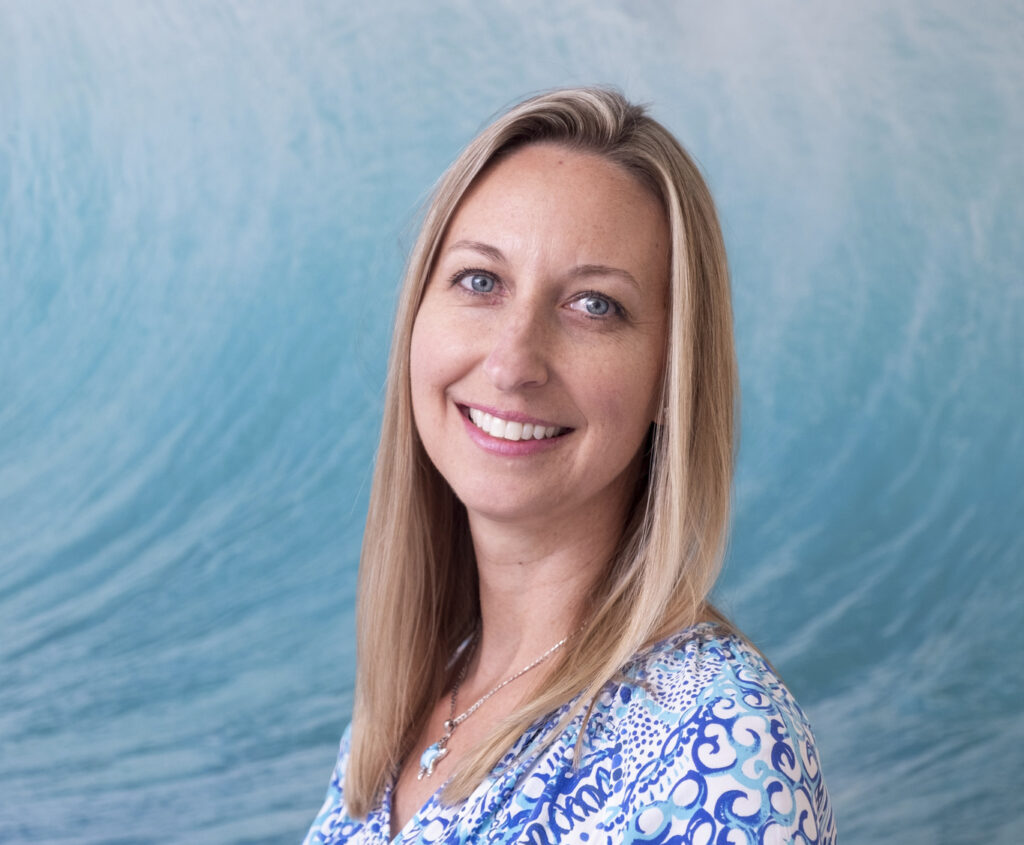Salt is the silent killer, not just in the United States but worldwide, according to a first-of-its-kind report released recently by the World Health Organization (WHO). Implementing cost-effective sodium reduction policies could save an estimated 7 million lives globally by 2030.
Excessive sodium intake is the top risk factor for an unhealthy diet, and is responsible for 1.8 million deaths each year, said Francesco Branca, director of the WHO’s Department of Nutrition for Health and Development.
Diane Kingsley RD LDN LMT, owner of Simple Health Options in Vero Beach, says getting your salt intake under control isn’t easy. “Salt is inexpensive, it makes food taste wonderful and it’s readily available,” she says..
“Even if you don’t add any at the table, there’s so much in the prepared and packaged food we buy. Ordering at restaurants is especially difficult; even if they list calories, you need to go online to find sodium levels.”
Kingsley says that most Americans eat on average about 3,400 mg of sodium per day.
However, the USDA Dietary Guidelines for Americans recommends adults limit sodium intake to less than 2,300 mg per day – which is equal to about 1 teaspoon of table salt.
Kingsley says there are ways to cut down on your salt consumption without giving up the taste so many people crave. Coarser grinds like pink Himaylayan and Celtic sea salt give a burst of flavor while requiring a smaller amount.
“Potassium chloride is a salt substitute that is readily available in supermarkets and online and tastes like salt,” she adds.
A high-salt diet disrupts the natural sodium balance in the body. This causes fluid retention, which increases the pressure exerted by the blood against blood vessel walls (high blood pressure). “There’s an old saying ‘where sodium goes, water flows,’” says Kingsley. “Excess salt intake also contributes to edema (swelling in hands and feet), headaches and chronic kidney disease.”
Cleveland Clinic states that your kidneys filter more than 120 quarts of blood each day, pulling toxins and unwanted fluid from cells throughout the body and sending them to the bladder. Ingesting too much salt can make it harder for your kidneys to remove fluid, which then fills up in your system and increases your blood pressure.
Although it’s not an excuse to ingest excessive amounts of sodium, consuming potassium can help your body naturally excrete sodium through the urine. In addition, potassium can help lower blood pressure by helping the blood vessel walls to relax. Diets high in potassium are heart healthy and promote overall good health, according to the American Heart Association.
Kingsley says that 3,500-4,500 mg of potassium a day are recommended for healthy adults over the age of 18. Bananas, tomatoes, spinach and sweet potatoes are some foods that are naturally rich in potassium.
It’s OK to get help from the tech world if you’re tracking sodium intake. The KidneyDiet app helps people with kidney disease make better dietary choices. Find it at www.kidneydiet.com. SodiumTracker is available at www.apps.apple.com/rs/app/sodium-tracker/id468522474. They are just two of many.
If you’re trying to cut your salt consumption with smarter food shopping and label reading, MD Anderson Center at University of Texas gives these tips:
- “Sodium free” or “salt free” means there is less than 5 mg of sodium per serving.
- “Unsalted” or “no salt added” means exactly as it says, no salt added.
- “Very low in sodium” means a serving contains 35 mg of sodium or less.
- “Low in sodium” means a serving has 140 mg of sodium or less.
- “Reduced sodium or “less sodium” means that this product has at least 25percent less sodium than the traditional product.
The amount of sodium is listed on the nutrition label in milligrams. A rule of thumb is to avoid foods that contain a serving of sodium that is greater than twice the number of calories.
Sodium may be listed in the ingredients as salt, baking soda, baking powder, monosodium glutamate (MSG) or disodium phosphate.
Kingsley admits that it’s hard to cut out – or even cut back on – your salt consumption when it has been a part of year diet. “Slow and steady wins the race,” she says. “Don’t make a bunch of changes over night.”
Diane Kingsley, RD LDN LMT, is a licensed and registered dietitian and licensed massage therapist. She practices evidence-based Medical Nutrition Therapy and focuses on whole body healing. Kingsley has 25 years’ experience in the fields of nutrition and holistic health.
She graduated from the Institute for Integrative Nutrition in New York in 2006, receiving a certification as a holistic health counselor. She received a Bachelor of Nutrition in Dietetics in 2014. She has certification as a Life Mastery Coach through Life Mastery Institute.
Kingsley is a nationally published author and lecturer. She assists clients not only with nutrition but also helps them look at sleep patterns, exercise, stress levels, habits, behavior and cravings, and helps to educate and cultivate a balance in all aspects of their life.

